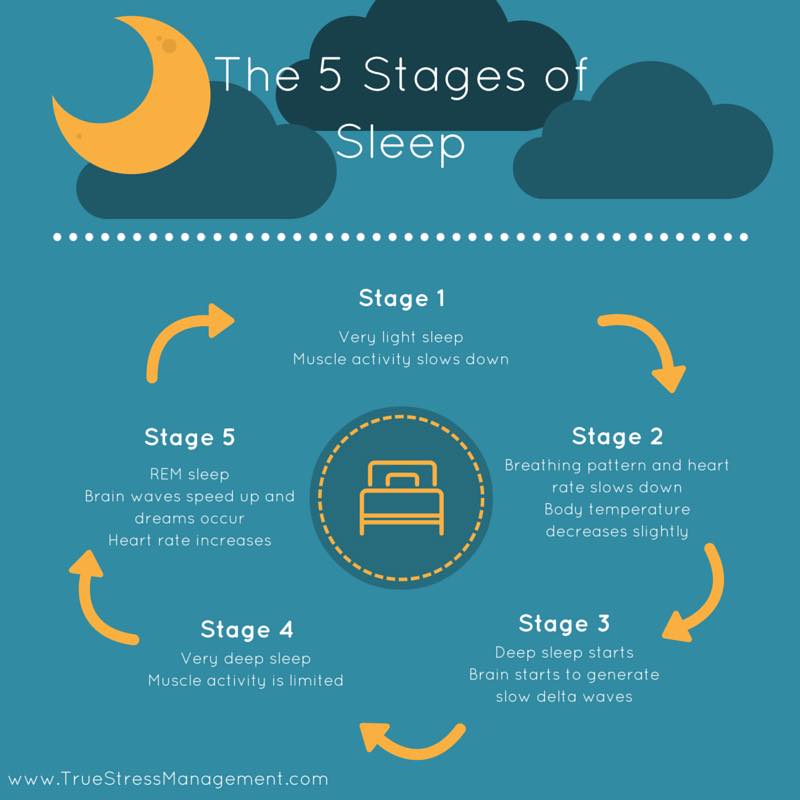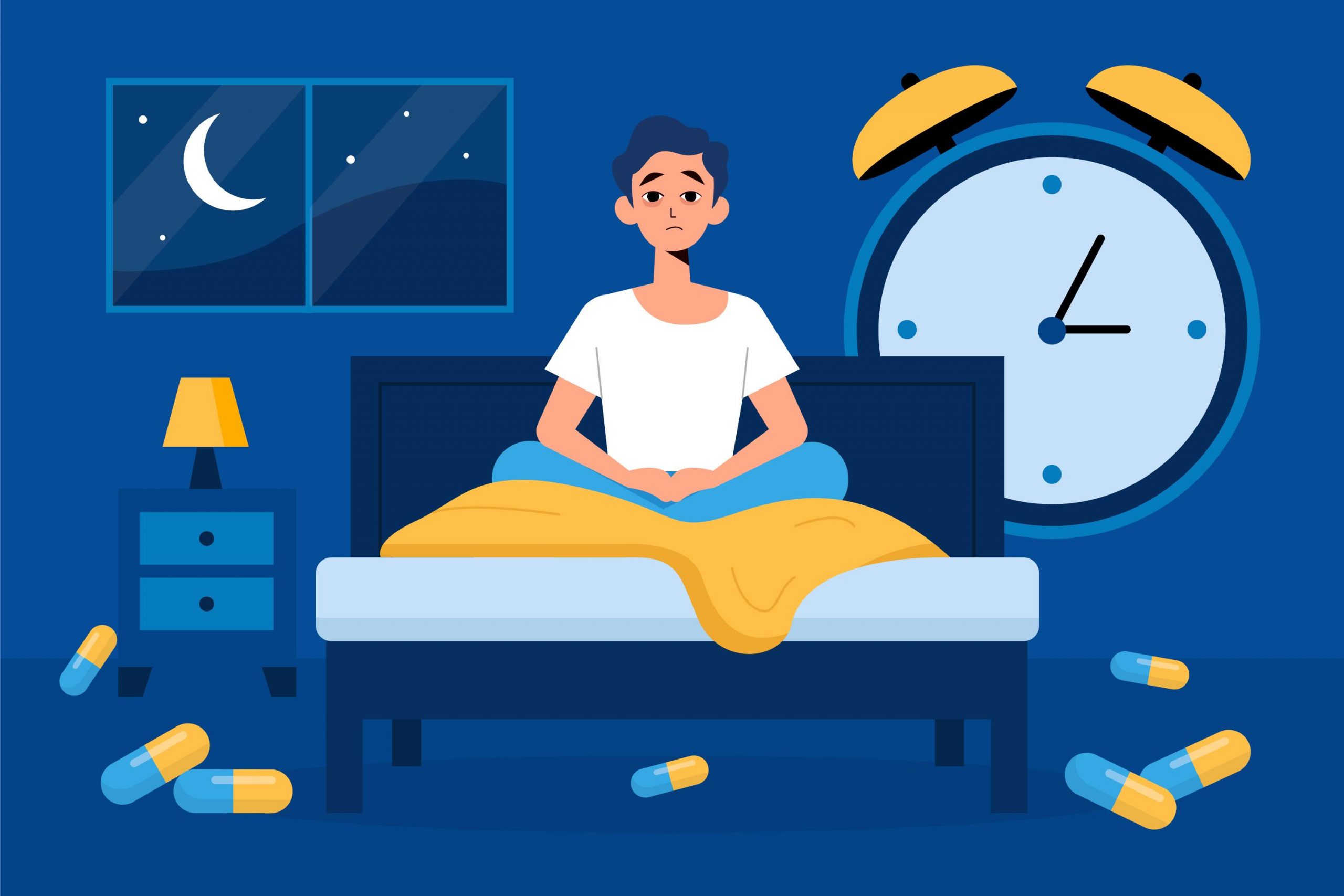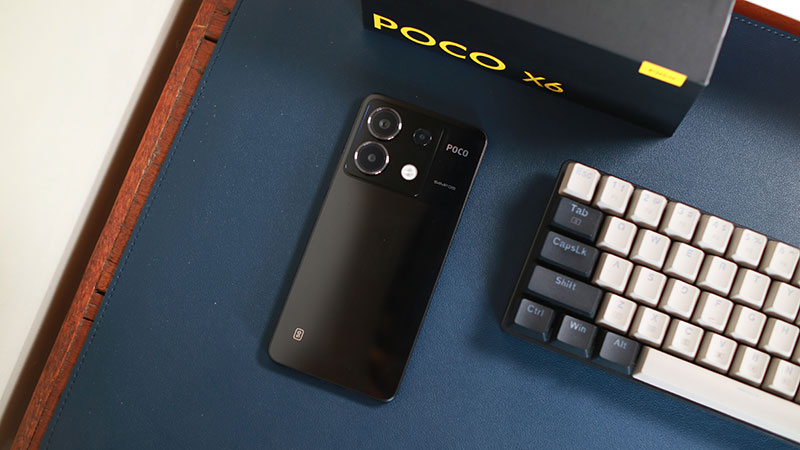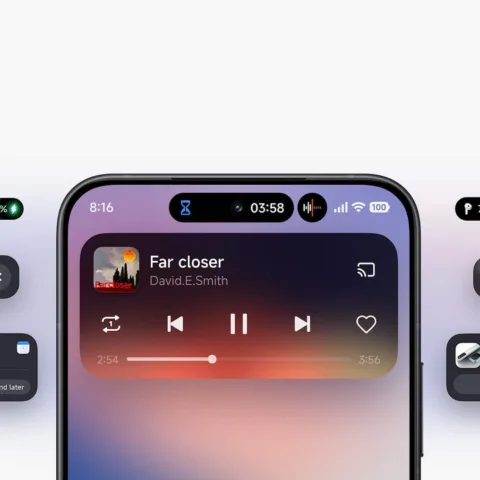Sleep is an activity that all of us are too familiar with. Most of us spend roughly 1/3 of our lives sleeping. To put that into perspective, assuming that you live for 70 years, you spend about 23 years of your lives closing your eyes. Despite this fact, sleep is one of the least understood phenomenons in all biological living things. Neuroscientists, until this day, are still trying to figure out the ins and out of sleeping such as its purpose, importance, why we spend a darn long time doing it.
Nonetheless, how is sleep correlated to gaming? Well for one, I am sure that gaming has definitely impacted your sleeping schedule in some way or another. Have you ever sacrificed sleep for “one more game”? Often one game turns to two, three, four, and the next thing you know the sun is already shining through your windows. I have pulled a couple of gaming all-nighters myself, a fact that I am very not proud of. So yes, gaming impacts sleep. However, the opposite relationship also applies, in that sleep can make or break your performance in-game. In this article, we will be exploring this very notion, dive deeper into the topic of sleep, and (most importantly) how to utilize it properly to boost performance when gaming or even other areas in your life.
The Purpose of Sleep

Even though scientists are constantly finding new purposes behind sleeping, they have already accumulated a pretty hefty number of reasons why sleep is essential to our well-being. Sleep, in its very essence, impacts every single part of our body, both mentally and physically. We won’t be discussing the influence of sleep on our physicality since gaming emphasizes our mental aspect to a larger extent. However, just as a side note, not sleeping for 2 or more consecutive days can lead to compromised immune systems, stroke, heart failures, and consequently… death.
So, how does our brain benefit from sleeping? With regards to our concerns in gaming, sleep plays two important functions: learning and removing garbage. Both of these tasks occurs usually in Deep sleep or in the 3rd and 4th stages of our sleep cycle. A popular term that is coined nowadays is called NREM sleep or non-rapid eye movement sleep. On NREM sleep our brains “slows down” and literally puts us in a blackout, providing our brain with the necessary time to rest after all the work it has done during the day. Many, somewhat peculiar, activities occur under the hood of NREM sleep. For one, it transfers some of our short-term memory to long-term memory, also known as memory consolidation. Furthermore, connections between neurons are also strengthened, hence why NREM sleep is detrimental to our learning process. All the tips and tricks you learned on YouTube videos, the mistakes you made in-game, and the muscle memory you developed when you are playing are reinforced in this part of your sleep cycle.

NREM sleep also plays in removing garbage both literally and figuratively. For one, NREM sleep has been associated with the removal of metabolic toxins in the brain, some of which have even been linked to the cause of Alzheimer’s disease. On the figurative end, your brain can actually selectively remove unimportant memories, which can potentially clog up your thinking processes. I think this is, by far, the most important role that sleep has to play in relation to gaming. Since most games today are incredibly fast-paced and forces players to make split-second decisions, having a foggy or unclear mind is going to put you at a massive disadvantage. I and all of you who loves pulling all-nighter gaming session can probably also attest to this very hypothesis; our plays simply become more low-IQ after not getting a sufficient (or any) amount of sleep.
A Counter Argument: ItzTimmy

So far, we have established that sleeping is immensely important for your brain to function properly. Furthermore, not getting enough sleep will also momentarily impair your ability to think clearly while playing games. However, there is one man that (to a certain extent) defies the ideas that we have established; that man is called Timmy “iiTzTimmy” An. For those who don’t know, iiTzTimmy is a Twitch Streamer from America who primarily plays Apex Legends and VALORANT. If you want a full introduction of who this person is, you can just watch the video below.
In summary, Timmy is an insanely cracked player at both Apex and VALORANT, while often being a very entertaining or meme-ish content creator. So how is Timmy correlated to the subject we are discussing? In case you didn’t watch Timmy, you may have never known that he has conducted one of the longest and most gruesome stream sessions on the Twitch Platform. On February 2021, he set out to do the impossible: solo ranking up from Bronze to Predator in Apex Legends, in one stream, non-stop. For those non-apex players out there, Bronze is Apex’s lowest rank, while Predator is Apex’s highest rank. For most players out there, reaching Predator is already a dream come true, since only the top 0.2% of players reach that populate that rank. Furthermore, it is a task that requires thousands of hours to complete. So yes, going to Predator is already extremely difficult, let alone doing it in a single day. Turns out, however, iiTzTimmy managed to complete the mission and took 54 hours of non-stop Apex gameplay. Mind you that is 2 DAYS of playing without any sleep breaks.
iiTzTimmy, despite already reaching this absurdly inconceivable feat, is not done. He set out for a more inhumane task by doing the same exact thing in VALORANT. Thus, he set out to grind the game and rank up from Iron to Radiant. The premises of the challenge are similar to the previous one: Radiant is close to unattainable for a majority of the player base and those who reached the rank have thousands of hours of VALORANT gameplay under their belt. However, VALORANT is a completely different game than Apex. Although both of them are FPS games, the skillsets that are emphasized don’t quite overlap. I personally feel that VALORANT is a more mentally burdening game since there is a lot of information that needs to be processed and is much more difficult to get into a “flow state” due to how the gameplay is structured. But of course, each player might have their opinions and sets of strengths that might change their opinion of which game is more difficult. Nevertheless, iiTzTimmy is set for a vastly different challenge with VALORANT.
After streaming non-stop for 65 hours, iiTzTimmy, unfortunately, did not make it to Radiant. Instead, he stopped at Immortal, just one division below Radiant. He really wanted to continue to stream but his body started to gave up and after a couple of unfortunate losses, he decided to throw in the towel. Despite not completing the challenge, Timmy still managed to accomplish a feat that no one has done and probably never will be topped: playing VALORANT at a high level without sleeping for 2 days.
So how does Timmy do it? The short answer is: I don’t know. He could be inhuman, he could be on Adderall, or maybe he is just that good. From the facts that we have established and even from my personal experiences, it is close to impossible to play VALORANT or Apex effectively when sleep deprived. These games require your full mental capacity to play, since fast reaction times, quick and clear decision making, effective absorption of information are all skills that are emphasized. Theoretically, a sleep-deprived, slowed-down brain should not be able to sustain a top 1% FPS gameplay. But, iiTzTimmy made it all look like a walk in the park.
Therefore, should you be sacrificing your sleep for gaming or other activities? Maybe yes, but also maybe no. iiTzTimmy did mention countless times on both of the streams that his body feels “deteriorating” after hours of non-stop playing. There is also no denying that he experiences all the negative side effects of sleep deprivation during the middle of the session. However, unlike most of us, he is just able to disregard all the pain and focus on his primary goal, which is to play at the highest level and win.
The Effects of Gaming on Sleeping
We have discussed the importance of sleep quantity and quality when it comes to your gaming performance. However, we have not fully touched upon how gaming affects your sleep. Sad to say, there are no beneficial effects that gaming imposes on our sleep, so brace yourself.
The first and most obvious effect of gaming on our sleep is the decrease in sleep quantity. We have briefly discussed this in the introduction. To recap, gamers often willingly sacrifice their sleep duration for an extended period of gaming. Despite its simplicity, the problem can present a vicious cycle that leads you down to an unhealthy lifestyle. To elaborate on this point, let’s take Bob, an imaginary Dota 2 player, as an example.
Bob loves playing Dota 2 and is currently on the grind the Immortal, the highest rank in Dota 2. He usually plays Dota from 9 PM to 11 PM, but he made a commitment to winning at least 2 games today. Unfortunately, Bob was plagued by bad teammates and ended his playing session at 1 AM. After only 6 hours of sleep, he wakes up at 7 AM to go to school, and he already felt the effects of sleep deprivation. He continued his daily activities while feeling half-sleepy and groggy. 9 PM arrives and Bob started his Dota session despite being extremely tired and again made a commitment to winning 2 games since he wants to rank up fast to Immortal. Tonight, not only was he bombarded by a lot of feeding teammates, he could not fully concentrate due to his fatigue, which ultimately led him to finish playing at 2 AM. Tomorrow, he comes to school even more tired, ended up playing Dota worse at night, and the vicious cycle is set in motion. So yes, gaming affects your sleeping schedule, which in turn affects your gaming. Even worse, it also affects other areas in your life since you will never be able to do your activities with a fully charged brain.

Other than sleeping quantity, gaming has also the potential to ruin your sleep quality. According to a paper by Shigekazu Higuchi, playing computer games close to bedtime can increase sleep latency. Sleep Latency refers to the transition time between wake and sleep (or entering the first stage of the sleep cycle). In layman terms, sleep latency essentially means “how long it takes for you to sleep”. Therefore, video games, which increase your sleep latency, make you have a harder time going to sleep. The same paper also pointed out that REM sleep duration is also significantly reduced when conducting pre-sleep gaming. However, there is another much more recent paper that half-debunks the negative effects that pre-sleep video-game playing. The paper showed that the effects are much more modest (or less severe) than initially thought and suggest that studies that claimed otherwise need further empirical evidence.
Simple tips to improve your sleep
Since we now know that there is some correlation between sleep and gaming or mental performance, we should definitely try to maximize our sleep quality and quantity. There are many different methods to improve your sleep that you can find easily online. So, I will try to compile the tips that most articles out there agrees upon to be effective and that I have personally tried out that is particularly useful:
- Don’t play high adrenaline games before sleep – as we have established in the previous subsection
- Darken your room – any form of light can reduce melatonin production (the substance that makes you feel sleepy)
- Limit blue light exposure by using enabling “night mode” or “night filters” on your devices – Blue light can also reduce melatonin production as it tricks our brain into thinking that the sun is still up.
- Make sure to keep your room cool, around 16 degrees Celsius – our body temperature naturally drops before sleeping, so helping this process by sleeping in a cool condition can decrease sleep latency and improve sleep quantity.
- In relation to the 4th tip, taking a warm shower before sleep can also help our body to cool down.
- Avoid caffeine after 12 P.M – Caffeine has a half-life of 5 hours (on average), which means that your body needs 5 hours to eliminate half the caffeine in your body. Thus, even if you drink coffee at noon, there is a high chance that you will experience the effects of caffeine late at night. Since caffeine blocks adenosine receptors (which promotes the production of melatonin), having caffeine in your system when sleeping will severely deteriorate your sleep.
I encourage you to experiment with different tips to improve your sleep and explore what works for you from multiple sources on the internet. Remember that everyone’s body is unique and that one method might be more suitable for one person than another. For instance, your body might be incredibly effective at breaking down caffeine, making the last tip not so useful for your case.
Conclusion
Sleep is the simplest and yet one of the most crucial activities to complete as humans. When sleep is not executed properly or if we do not get enough of them, our cognitive (and physical) functions can potentially degrade to even a life-threatening extent. As gaming is mentally intensive activity, it is imperative that we optimize our sleep quality, allowing to be on our A game at all times. Although there are some exceptions to be made, such as what we see with iiTzTimmy, I think that an elementary yet ingenious trick to improve your in-game performance today is to sleep more and sleep better.
Featured Image: Freepik













